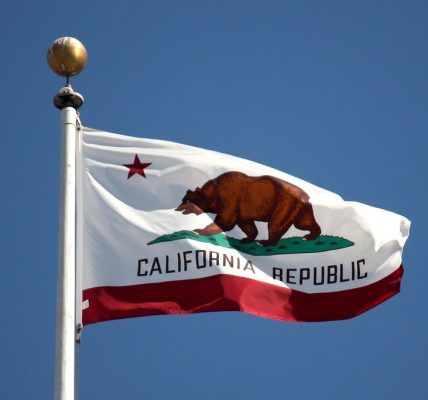Sugar Shambles

Although sugar has been called a “white drug,” it happily adapts to the artistic whims of humans, and obligingly allows itself to be dyed every color of the rainbow. Probably it should only be called a pseudo-drug. Gambling and pornography are not technically drugs either, but they sure can do a job on people’s heads, and quite effectively wreck lives. Even if it can only be considered pseudo-addictive, sugar is the most pervasive and ubiquitous of the three.
It is surely the most universal and fun, and can be legally indulged in by children. Compared to gambling and porn, pictures of its manifestations are much more readily available to people of all ages, and are often very pretty. On the esthetically unpleasant side, people will lie and steal in the service of their pseudo-addiction to sugar (just like they will for gambling and porn, which are not drugs either).
Brand new babies don’t stand a chance of resisting its lure, because their first experiences outside the womb include necessary needle sticks accompanied by dribbles of sugar water onto their little taste buds. One would think that this association would later — when they have the power to say no — cause them to refuse sugar. But, incredibly, instead of associating sugar with pain, they associate it with pain relief, and later in life, their love for the substance can overcome the pain of weighing 300 pounds. Detractors have quipped that if sugar is not an addictive substance, “It’ll do ’til one comes along.”
Sugar is also known as a “chronic toxin,” the category for substances not toxic after one ingestion, but after 1,000. Membership in that class is difficult to prove, because not many scientific institutions can afford intervention studies that stretch out over 1,000 meals.
In 2009, Dr. Robert Lustig recorded a famous lecture called “Sugar: The Bitter Truth.” The specialist in pediatric hormone disorders, who was at the time called the University of California’s leading expert in childhood obesity, unambiguously rated sugar right up there with (both notoriously addictive) cigarettes and alcohol as a killer. Along with obesity and diabetes, he termed sugar “the likely dietary cause of several other chronic ailments widely considered to be diseases of Western lifestyles — heart disease, hypertension and many common cancers among them.”
An interesting side note from journalist Gary Taubes reminds us that, more than 30 years ago, refined sugar was widely suspected of being both toxic and even addictive. The food industry came to the rescue with a preferable alternative: high fructose corn syrup (HFCS). What a joke that has turned out to be. Over time, HFCS has come to be recognized as just as bad, if not worse. Furthermore, it shares the characteristics of many other substances that are acknowledged to be addictive.
Not surprisingly, many medical professionals have unabashedly used the “A-word” with regard to sugar. In 2010, Dr. Jacob Teitelbaum published the book Beat Sugar Addiction NOW! He called America a nation of sugar addicts because:
Whether you’re rich or poor, live in rural America or a big city, the standard American diet has predisposed you to sugar addiction.
Additionally, he broke down the addiction into four major types:
… driven by fatigue. This is characterized by being hooked on so-called “energy drinks,” which are in reality energy loan sharks
… driven by adrenal exhaustion… It is characterized by intermittent feelings of “feed me now or I’ll kill you!”
… driven by yeast/candida overgrowth. In addition to fatigue and sugar cravings, this is often associated with digestive problems (irritable bowel syndrome/spastic colon) and chronic nasal congestion or sinusitis
… driven by depression and anxiety caused by hormonal shifts.
Sugar junkies are an amazingly communicative and mutually supportive group of online citizens. Just Google “sugar addict support” and be amazed. Then Google “sugar addict quiz” and take your pick. Huge numbers of people believe, based on their own experience, that sugar is indeed addictive by any reasonable definition.
The others call them crackpots. Huge numbers of people believe that sugar could not possibly be addictive, and others return the favor by calling them crackpots, too. While this ambiguity waits to be resolved, millions of lives remain in shambles.
Written by Pat Hartman. First published January 26, 2024.
Sources:
“Is Sugar Toxic?,” NYTimes.com, April 13, 2011.
“Q&A with Jacob Teitelbaum, MD,” JacobTeitelbaum.com, March 1, 2010.
Image Copyright: jujuly25.




